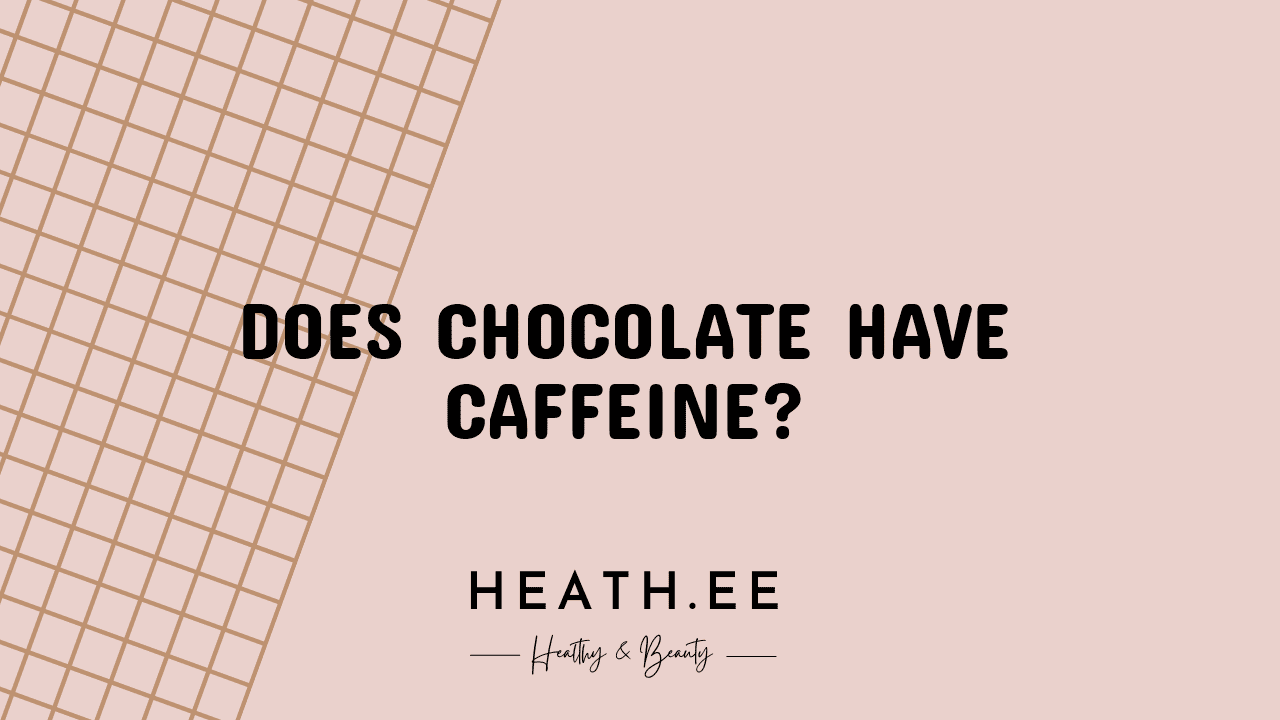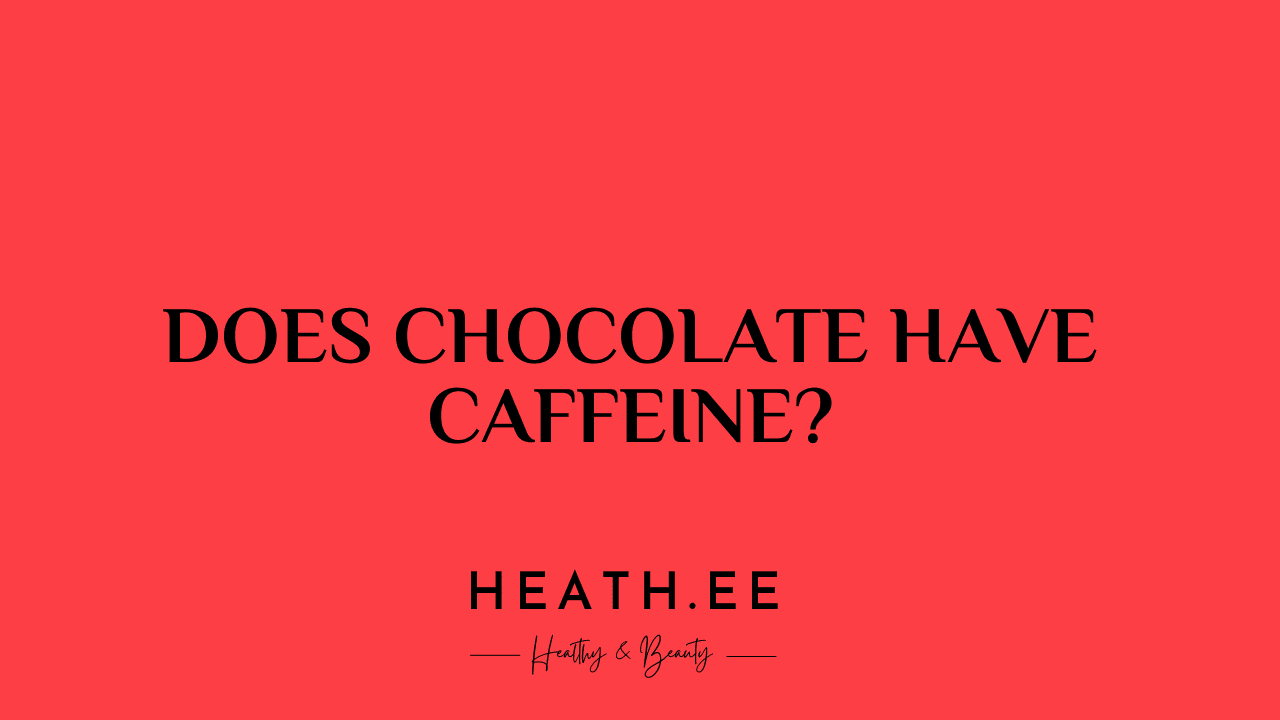Chocolate is one of the most beloved treats in the world. From a simple piece of dark chocolate to a decadent gourmet dessert, it’s no wonder why people love it so much. But does chocolate have caffeine? And if so, how much?
In this blog post, we’ll explore the science of food to uncover the truth about chocolate and caffeine. We’ll look at the different types of chocolate, the caffeine content of each, and the potential health benefits and risks of eating chocolate with caffeine. So let’s get started!
What is Caffeine?
Caffeine is a stimulant drug found naturally in coffee, tea, cocoa, and certain plants. It works by blocking the action of a neurotransmitter called adenosine, which helps to regulate sleep and wakefulness. When caffeine is consumed, it causes the brain to become more alert and active. Caffeine is also a diuretic, meaning it increases the production of urine.

Does Chocolate Have Caffeine?
The short answer is yes, chocolate does contain caffeine. However, the amount of caffeine in chocolate varies depending on the type of chocolate. Dark chocolate contains the highest amount of caffeine, followed by milk chocolate and white chocolate.
Dark Chocolate
Dark chocolate is made from cocoa solids, cocoa butter, and sugar. It is the richest and most intense type of chocolate, containing the highest amount of cocoa solids and the least amount of sugar. Dark chocolate also contains the highest amount of caffeine, ranging from 6 to 60 milligrams per serving.

Milk Chocolate
Milk chocolate is made from cocoa solids, cocoa butter, milk, and sugar. It is sweeter and creamier than dark chocolate, and it contains a lower amount of cocoa solids. Milk chocolate typically contains between 2 and 7 milligrams of caffeine per serving.
White Chocolate
White chocolate is made from cocoa butter, milk, and sugar. It does not contain any cocoa solids, and therefore it does not contain any caffeine.
Health Benefits and Risks of Chocolate with Caffeine
Eating chocolate with caffeine can have both health benefits and risks. On the one hand, the caffeine in chocolate can provide a short-term boost of energy and alertness. On the other hand, consuming too much caffeine can lead to insomnia, anxiety, and other health problems.
Conclusion
In conclusion, chocolate does contain caffeine, but the amount varies depending on the type of chocolate. Dark chocolate contains the highest amount of caffeine, followed by milk chocolate and white chocolate. Eating chocolate with caffeine can provide a short-term boost of energy and alertness, but consuming too much can lead to health problems. Therefore, it is important to be mindful of the amount of caffeine in your chocolate and to enjoy it in moderation.



